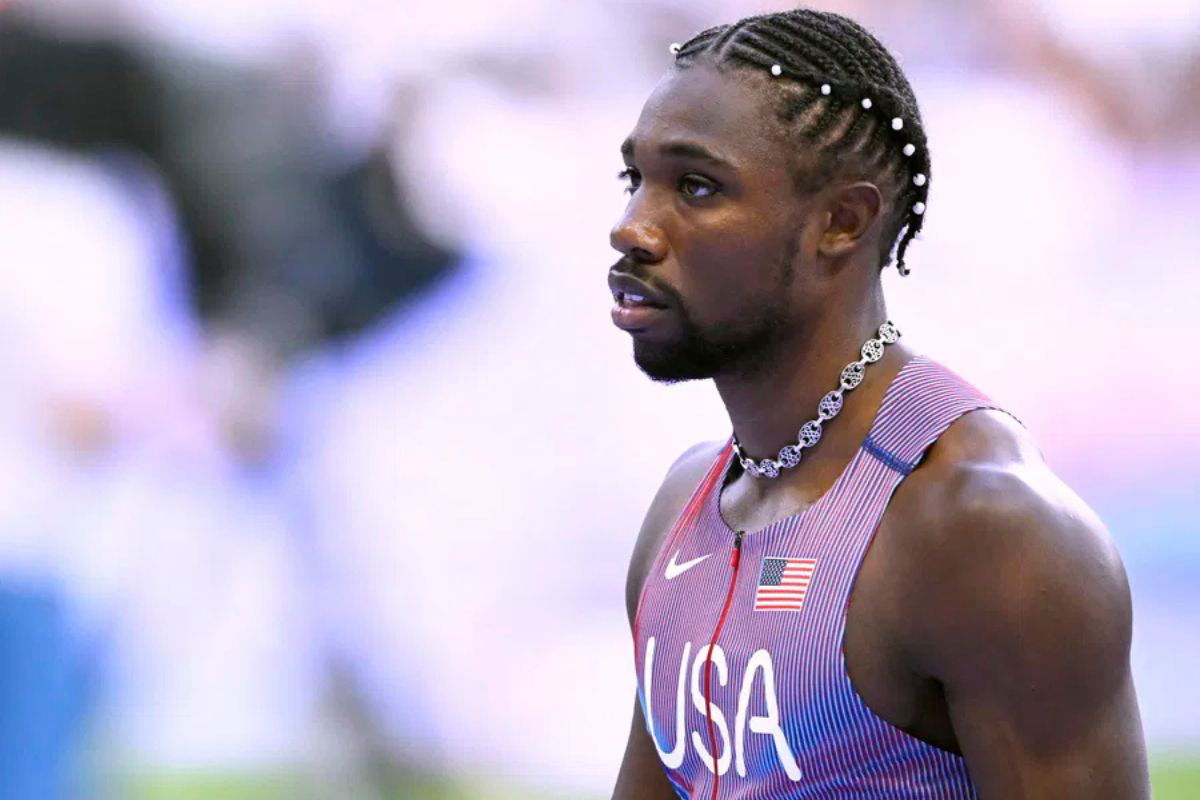
Imago
Credits- Imago

Imago
Credits- Imago
“Had NIL been a thing when he played, he could have very well remained with the Aggies beyond the 2013 season.” This is what SI said about Former Texas A&M Football Star Johnny Manziel, who declared for the NFL Draft after his second season as a starter. Why? Because it wasn’t a great time for collegiate athletes. During the mid‑2010s, athletes faced mounting frustration as the NCAA’s rigid amateurism rules barred them from monetizing their name, image, and likeness, despite the association and its schools profiting enormously from TV rights, merchandise, and video games. Enter Noah Lyles in this era –
Watch What’s Trending Now!
“Oh, I couldn’t have gone to college.” Noah Lyles confessed in a recent interview with Glenn Cole, Founder & Chairman of 72andSunny. He said, “I was signed to the University of Florida, but I knew deep in my heart that I was planning to turn pro.” The Olympic gold medalist and his younger brother, Josephus, had originally committed to the University of Florida, but never competed collegiately; instead, they turned professional in 2016.
He also talked about how this was 5-6 years before NIL in the interview. The NCAA’s landmark Name, Image, and Likeness (NIL) policy officially went into effect on July 1, 2021. At that point, student-athletes across all NCAA divisions were allowed to monetize their fame through endorsements, sponsorships, appearances, and more, without losing eligibility. He then remembered when he told his coach about his decision to go pro.
ADVERTISEMENT
Rashawn Jackson was the coach of the Lyles at that time, and his reaction to the news of the boys turning pro, as Noah describes it, was, “he heard it. He, but he didn’t hear it, right?” Justifying the reaction, he said, “Me and my brother were the first males to ever do it in the US. So hearing that from, you know, two high schoolers is like, well, I mean, there’s been plenty of others who’ve tried, so I don’t want to say no, but I’m going to give the ‘It’s like good luck.'” That was huge.
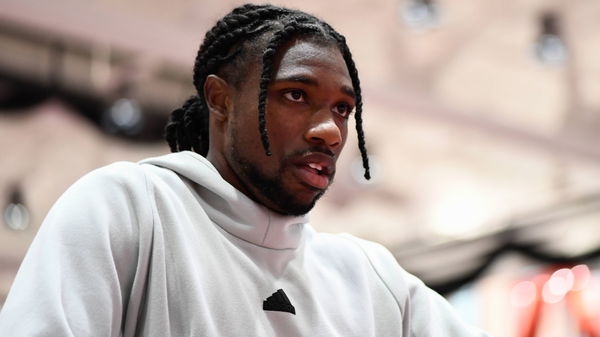
ADVERTISEMENT
In July 2016, Noah and his younger brother Josephus became the first male high school sprinters in the U.S. to skip college and turn professional immediately, both signing eight-year contracts with Adidas just weeks before they were to start at the University of Florida. So, how good was he in high school?
ADVERTISEMENT
Noah Lyles before he turned pro
Noah Lyles, born in 1997 in Gainesville, Florida, grew up in Alexandria, Virginia, in a track-loving family; both parents were collegiate sprinters. Safe to say he had track in his blood, though he faced significant hurdles early on. Battling severe asthma from age three, as well as dyslexia and attention disorders, he turned to running at age 12, inspired by the 2012 Olympics. Despite these challenges, he quickly progressed in sprints and high jump, clearing 2.03 m as a junior, and earned the title of 2015 High School Boys Athlete of the Year from Track & Field News.
Before that, at just 17, he clinched gold in the 200 m at the 2014 Youth Olympic Games in Nanjing, powering to victory in 20.71s – a run that made fans crazy. By senior year, Lyles was a national standout at T. C. Williams High School. In early 2016, he dominated the Arcadia Invitational, setting invite records of 10.17 s (100 m) and 20.48 s (200 m). He then won the 100 m at the USA Junior Championships in 10.08s.
ADVERTISEMENT
Top Stories
Patrick Mahomes’ Dad Faces 10-Year Prison Sentence After Chiefs QB’s Father Reportedly Violated Probation Terms

Prayers Pour In From Jordan Love & Co. as Cowboys Star Mourns Tragic Personal Loss
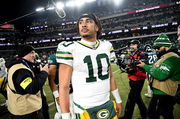
Justin Jefferson Makes Final Decision on Joining Buffalo Bills After Further Damaging J.J. McCarthy Relationship
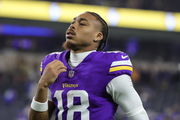
Matthew Stafford Makes Final Decision on Retirement After Narrowly Beating Drake Maye For NFL MVP
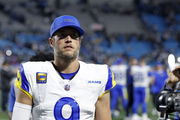
Multiple PGA Tour Pros Stopped from Playing as WM Phoenix Open Round Is Canceled Over Recurring Problem

PGA Tour Split Into Two as Scottie Scheffler Confirms Stance on Patrick Reed’s Return
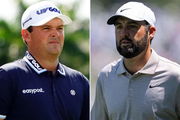
His breakthrough came at the July 2016 U.S. Olympic Trials: despite being just 18 and still in high school, he ran a blistering 20.04s in the prelims and later clocked 20.09s in the final, breaking a 31-year-old national high school record (20.13 seconds, set by Roy Martin in 1985) though he placed fourth overall.
Soon after, he qualified for the 2016 IAAF World U20 Championships in Bydgoszcz. There he delivered the ultimate junior burst: double gold, winning both the 100 m (10.17 s) and anchoring the U.S. to relay gold in the 4×100 m with a swift 38.93s.
Definitely, that’s just the beginning of a glorious career. Certainly, there’s more to follow. Do let us know what you think of Noah Lyles.
ADVERTISEMENT
ADVERTISEMENT
ADVERTISEMENT
ADVERTISEMENT